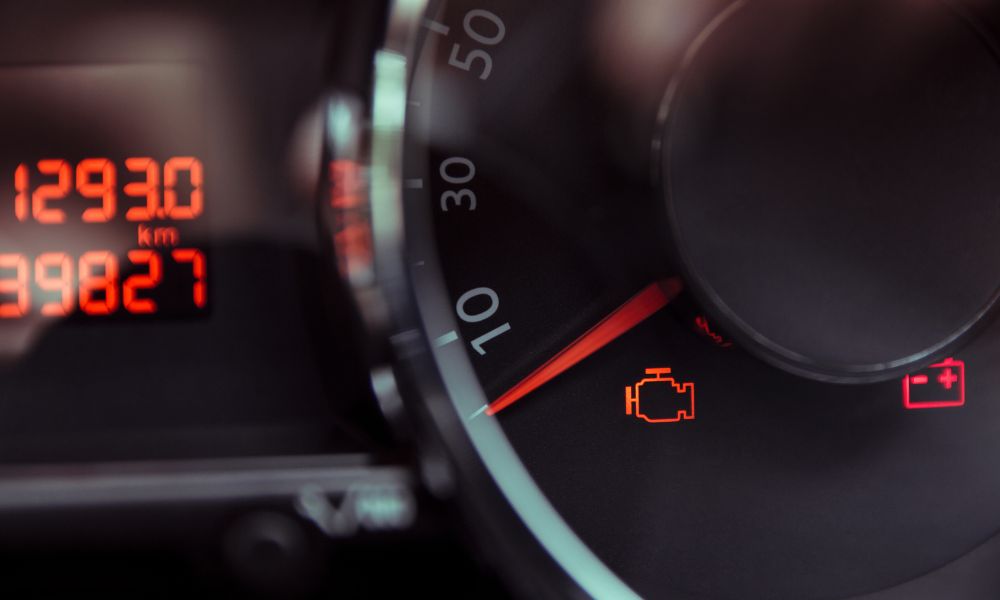Most Common Causes of a Check Engine Light

We’ve all been there. You’re driving along, and the check engine light suddenly comes on. It’s one of the most frustrating things because it can be hard to figure out what’s wrong. Is it something significant? Is it something minor? Is it something that’s going to cost a lot of money to fix?
Here’s good news: In most cases, the check engine light is not a sign of something serious. It usually indicates a relatively minor problem that is easy to fix. These are some of the most common causes of a check engine light.
Loose or Damaged Gas Cap
If your gas cap is loose or damaged, it can cause your check engine light to turn on. The gas cap is responsible for keeping fuel vapors from escaping the tank.
If it’s not doing its job, those vapors can escape and throw off the readings of your oxygen sensor. The oxygen sensor is responsible for monitoring the amount of oxygen in the exhaust, so if it’s getting inaccurate readings, it can trigger the check engine light.
The good news is that this is usually an easy and inexpensive fix. Just tighten the gas cap or replace it if it’s damaged.
Faulty Oxygen Sensor
Speaking of the oxygen sensor, a faulty one is another common cause of a lit check engine light. The oxygen sensor is responsible for monitoring the amount of oxygen in the exhaust. Too much or too little oxygen can trigger the check engine light.
This sensor is usually an easy fix as well. You can either clean or replace the oxygen sensor.
Air Filter Issues
A dirty air filter can restrict the airflow to your engine. This restriction can cause several problems, including a decrease in fuel economy and an increase in emissions. In some cases, it can also trigger the check engine light.
Knowing when to clean or replace your air filter can be tricky. As a general rule of thumb, you should clean it every 12,000 miles or so. However, if it’s excessively dirty, you may need to replace it sooner.
Catalytic Converter Issues
The catalytic converter is responsible for reducing emissions. If it’s not working correctly, it can cause the check engine light to come on. However, this is usually a more severe problem that will require professional help to fix.
Misfiring Engine
A misfiring engine can cause the check engine light to come on. Several things can cause misfiring, including:
- Spark plug issues
- Fuel injection problems
- Compression problems
If you’re experiencing misfires, it’s best to take your car to a mechanic to diagnose and repair it.
These are just a few of the most common causes of a check engine light. If your light is on, don’t panic. It’s usually not a sign of something serious. However, if you’re unsure of what to do, it’s always best to take your car to a mechanic and have them take a look.
The last thing you want to do is ignore the problem and hope it goes away. In most cases, it won’t. Severe problems could cost you a lot of money down the road.





